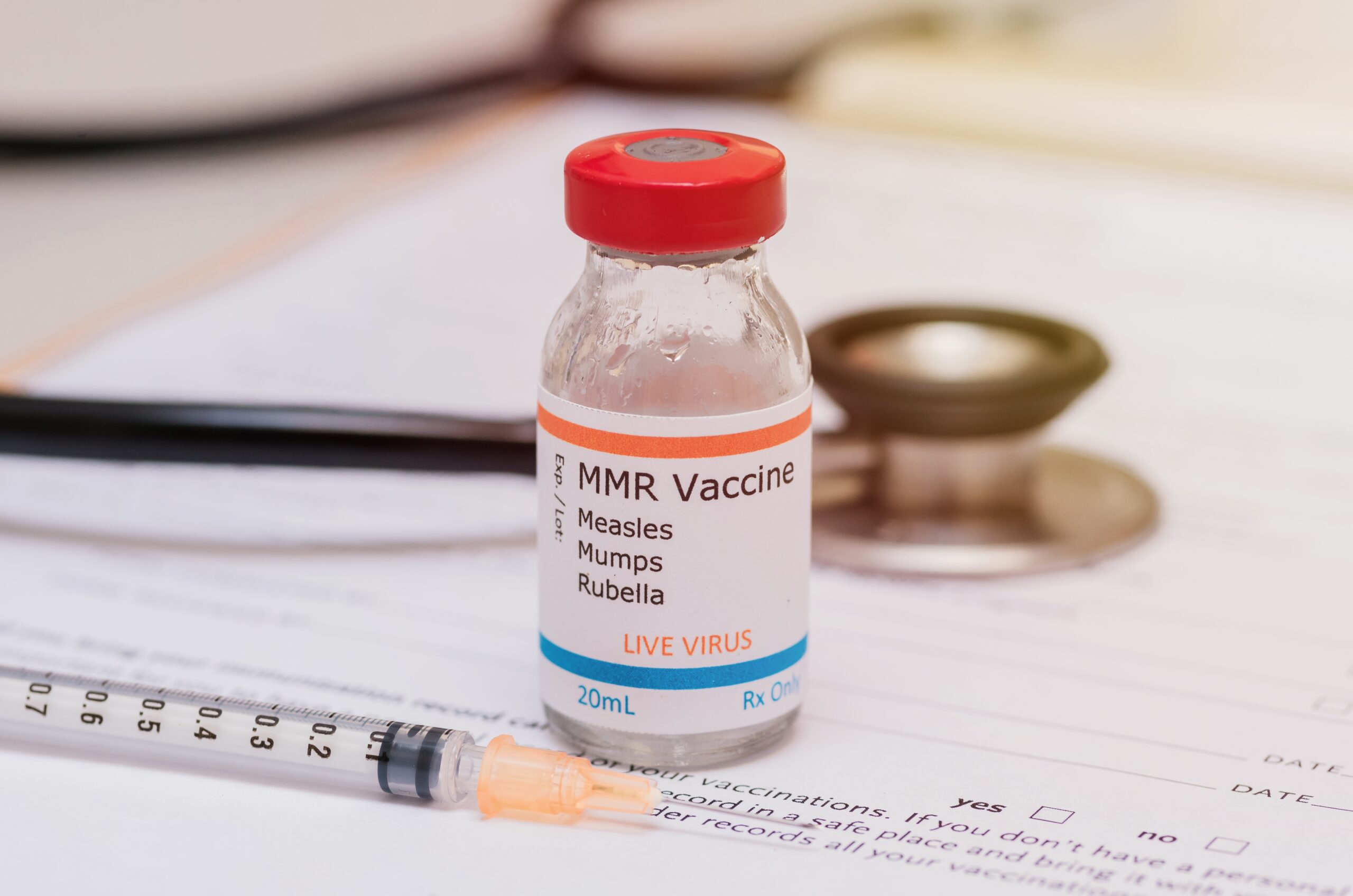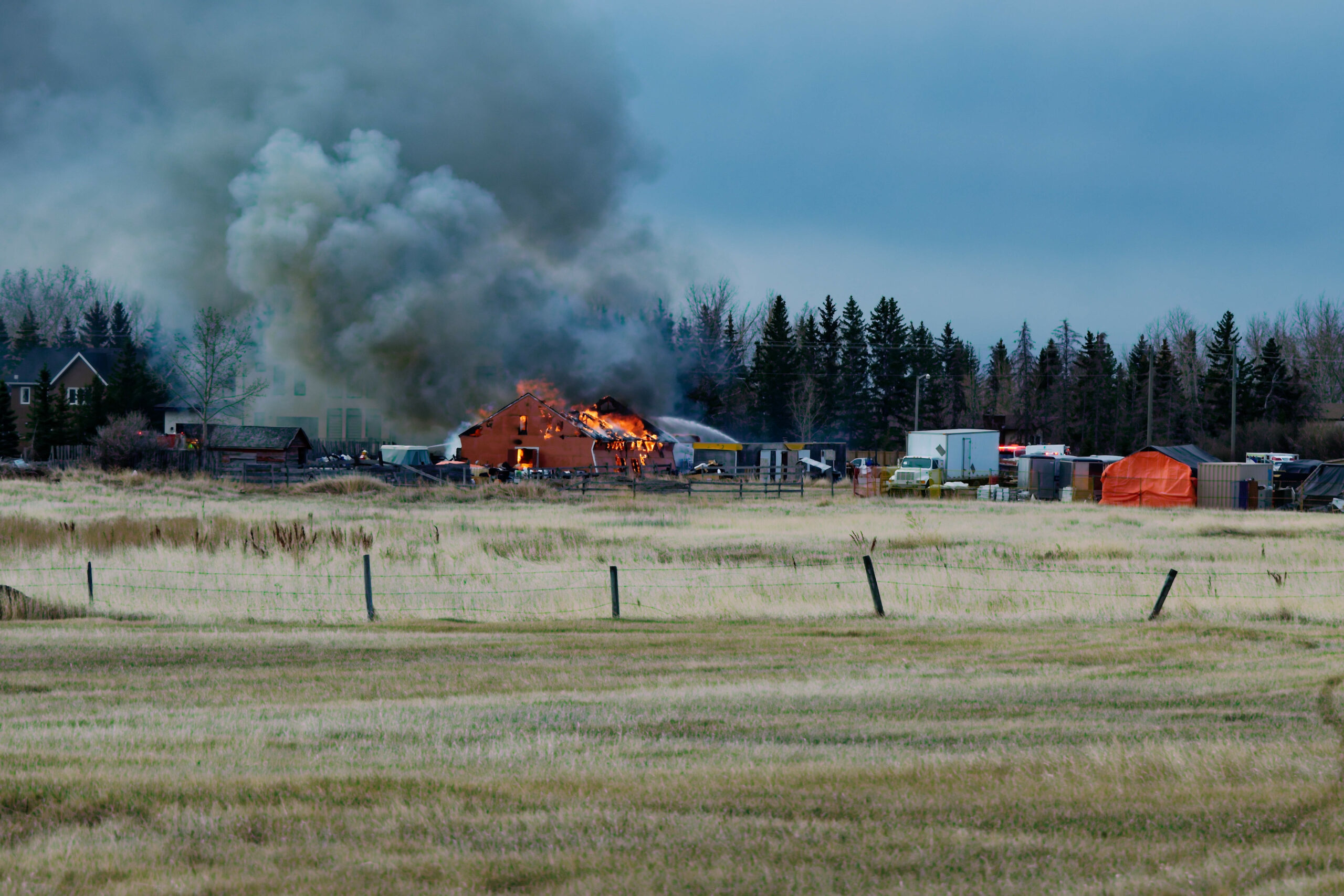As measles cases surge globally and several instances emerge within Canada, the Public Health Agency is issuing a stern reminder to Chestermerians to confirm their immunization status against measles, particularly ahead of any travel plans.
Expressing apprehension over the escalating measles activity worldwide, the Public Health Agency emphasized the importance of ensuring adequate immunization coverage, especially in light of declining vaccination rates among school-aged children in Canada. With spring break travel season approaching, the agency underscored the risk of increased imported cases potentially leading to local transmission within communities.Measles, renowned for its highly contagious nature, poses a significant public health threat, particularly in densely populated areas. Despite Canada’s previous success in eliminating indigenous measles cases, imported infections continue to pose a challenge, necessitating robust immunization efforts to prevent outbreaks.
Shelly Bolotin, Director of the Centre for Vaccine Preventable Diseases at the University of Toronto’s Dalla Lana School of Public Health, underscored the airborne transmission of measles, emphasizing the urgency of maintaining high vaccination rates to curtail its spread.
In recent years, disruptions to routine childhood immunizations during the COVID-19 pandemic have contributed to a decline in measles vaccine coverage, heightening concerns over susceptibility to outbreaks. The Public Health Agency has already documented six measles cases in Canada in 2024, prompting renewed calls for vigilance and proactive immunization measures.
Measles vaccination, administered through the measles-mumps-rubella (MMR) vaccine, offers nearly 100 per cent protection against the disease for individuals who have received two doses. However, data from 2021 reveals that only 79.2 per cent of seven-year-olds have completed the recommended two-dose vaccination series, indicating a critical gap in immunity coverage.
To safeguard against measles, parents are urged to ensure their children receive both doses of the MMR vaccine, typically administered during infancy and before school entry. Additionally, infants traveling before the age of one are advised to receive a preemptive measles vaccine dose to mitigate the risk of infection.
For adults, particularly those born after 1970, vaccination status may vary, necessitating a thorough assessment of immunity status. While individuals born before 1970 are presumed to have acquired immunity through previous exposure, those uncertain about their vaccination history should consult healthcare providers for guidance on receiving a measles booster shot.
In the absence of a family doctor, public health agencies and walk-in clinics offer accessible avenues for obtaining measles vaccinations, ensuring widespread coverage and protection against outbreaks. British Columbia’s local public health units and pharmacies, along with Toronto Public Health, are facilitating catch-up clinics for measles shots and routine immunizations, underscoring the collaborative efforts to bolster community immunity.
As Chestermerians navigate the resurgence of measles and its implications for public health, proactive measures, including vaccination and vigilant monitoring of symptoms, remain paramount in safeguarding individual and community well-being against preventable infectious diseases.









